What Do I Need To Become A Full Stack Python Developer?
4.8 out of 5 based on 8574 votesLast updated on 5th Jan 2024 12.6K Views
- Bookmark

Learn the skills, tools, and mindset needed to become a full-stack Python Developer and ace your coding journey. For more, read this blog post.
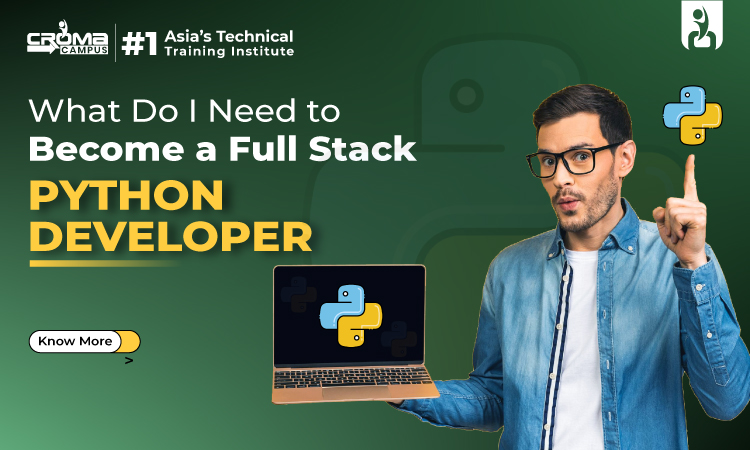
Introduction
In the huge space of web development, Full-Stack Python Developers are in high demand. These versatile professionals possess the skills to tackle both front-end and back-end development, creating seamless, user-friendly web applications. If you want to join the ranks of Python Full Stack Developer, read on further.
Prerequisites
- Master the Basics of Python:
At the core of full-stack development is a strong foundation in Python programming. Python's readability and versatility make it an ideal language for both front-end and back-end tasks. Start by grasping the fundamentals: syntax, data structures, and control flow. Python's extensive documentation and a plethora of online resources make it an accessible language for beginners.
- Understanding Front-End Technologies:
HTML/CSS:
- Learn HTML for structuring web content and CSS for styling.
- Understand responsive design principles to ensure your applications look great on various devices.
JavaScript and Front-End Frameworks:
- Master JavaScript, the language of the web, for interactive front-end development.
- Explore popular front-end frameworks like React, Vue.js, or Angular to build dynamic and efficient user interfaces.
Web Frameworks:
- Acquaint yourself with popular Python web frameworks such as Django and Flask.
- Django, with its batteries-included philosophy, is excellent for robust, feature-rich applications, while Flask is a lightweight and flexible framework suitable for smaller projects.
Database Knowledge:
- Gain proficiency in database management systems like PostgreSQL, MySQL, or MongoDB.
- Understand how to interact with databases using Object-Relational Mapping (ORM) tools such as SQLAlchemy in Python.
API Development:
Learn how to build robust Application Programming Interfaces (APIs) to enable communication between the front-end and back-end components of your application. Utilize RESTful principles for designing scalable and maintainable APIs.
Version Control Systems:
Familiarize yourself with version control systems like Git to track changes in your codebase. Platforms like GitHub or GitLab provide collaborative environments and facilitate seamless code sharing within development teams.
Command Line Proficiency:
Develop the ability to navigate and perform tasks using the command line interface. Understanding basic command-line operations is essential for efficient development workflows and server management.
Deployment and Hosting:
Cloud Services:
- Explore cloud platforms such as AWS, Google Cloud, or Microsoft Azure for scalable and secure deployment.
- Understand containerization using Docker to package your applications and their dependencies.
Server Management:
- Gain insights into server configuration and management using tools like Nginx or Apache.
- Learn about server deployment and automation through technologies like Ansible or Terraform.
Testing and Debugging:
Adopt a robust testing strategy by learning unit testing, integration testing, and end-to-end testing techniques. Familiarize yourself with debugging tools and practices to identify and resolve issues efficiently.
Security Best Practices:
Understand the fundamentals of web application security. Implement secure coding practices, handle authentication and authorization, and stay updated on common vulnerabilities to ensure your applications are resilient against cyber threats.
Collaboration and Soft Skills:
Effective communication and collaboration are crucial for success in any development role. Learn to work with project management tools like Jira, practice Agile methodologies, and contribute to collaborative coding practices such as code reviews.
Continuous Learning:
The tech industry is dynamic, with new tools and frameworks emerging regularly. Cultivate a mind-set of continuous learning, stay abreast of industry trends, and be ready to adapt to new technologies to remain competitive in the field.
Build a Portfolio:
Create a portfolio showcasing your projects, emphasizing the diversity of your skills. Include both front-end and back-end projects, demonstrating your ability to develop end-to-end solutions.
You May Also Read:
Python Programming for Beginners
Python Interview Questions and
Answers
Data Science Interview Questions and
Answers
Role of a Python Full Stack Developer
The role of a Python Full Stack Developer is multifaceted, encompassing both front-end and back-end development responsibilities.
Here's a breakdown of the key aspects of their role in concise pointers:
Programming Proficiency:
- Mastery of Python programming language for both front-end and back-end development.
- Ability to write clean, efficient, and modular code.
Front-End Development:
- Proficiency in front-end technologies such as HTML, CSS, and JavaScript.
- Experience with front-end frameworks like React, Angular, or Vue.js.
Back-End Development:
- Expertise in back-end frameworks such as Django or Flask.
- Knowledge of server-side languages and technologies for building scalable and efficient back-end systems.
Database Management:
- Competence in working with databases like PostgreSQL, MySQL, or MongoDB.
- Understanding of database design, optimization, and integration with back-end systems.
API Development:
- Ability to design, develop, and maintain robust APIs.
- Familiarity with RESTful API principles and GraphQL.
Version Control:
- Proficient use of version control systems, particularly Git.
- Collaboration on platforms like GitHub for code sharing and project management.
Front-End Libraries and Frameworks:
- Utilization of front-end libraries and frameworks to enhance user interfaces and user experiences.
- Integration of third-party libraries and APIs for additional functionality.
Testing and Debugging:
- Implementation of testing practices, including unit testing and integration testing.
- Proficient debugging skills to identify and resolve issues promptly.
Deployment and Hosting:
- Experience with cloud platforms like AWS, Google Cloud, or Azure for deployment.
- Knowledge of containerization using Docker for application packaging.
Server Configuration and Management:
- Configuration and management of web servers such as Nginx or Apache.
- Automation of server-related tasks using tools like Ansible or Terraform.
Security Considerations:
- Implementation of security best practices in both front-end and back-end development.
- Handling authentication, authorization, and safeguarding against common web vulnerabilities.
Collaboration and Communication:
- Effective collaboration with cross-functional teams, including designers and other developers.
- Strong communication skills for conveying technical concepts to non-technical stakeholders.
Conclusion
Becoming a Full-Stack Python Developer is a journey that requires dedication, continuous learning, and practical application of skills. By mastering Python Django Full Stack Developer Course, understanding front-end technologies, delving into back-end development, and acquiring additional essential skills, you can position yourself as a well-rounded and sought-after professional in the field of web development. Well, the listed information clearly states that the key to success lies not only in technical proficiency but also in your ability to adapt to industry changes, collaborate effectively, and build solutions that make a positive impact. So, you must move ahead on this exciting journey with passion and determination, and watch as you evolve into a proficient Full-Stack Python Developer.
Subscribe For Free Demo
Free Demo for Corporate & Online Trainings.
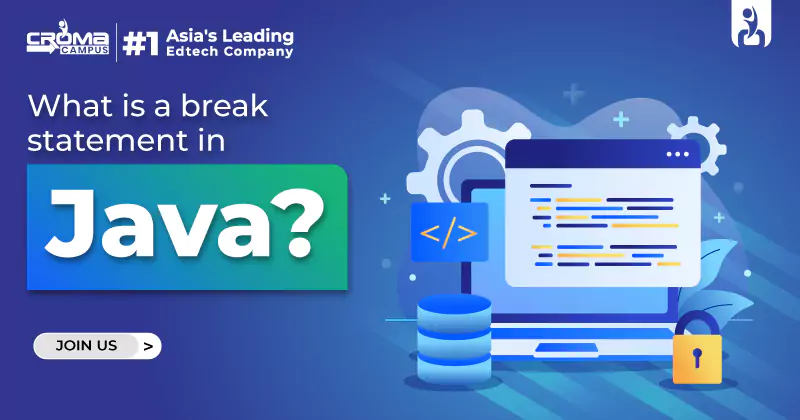
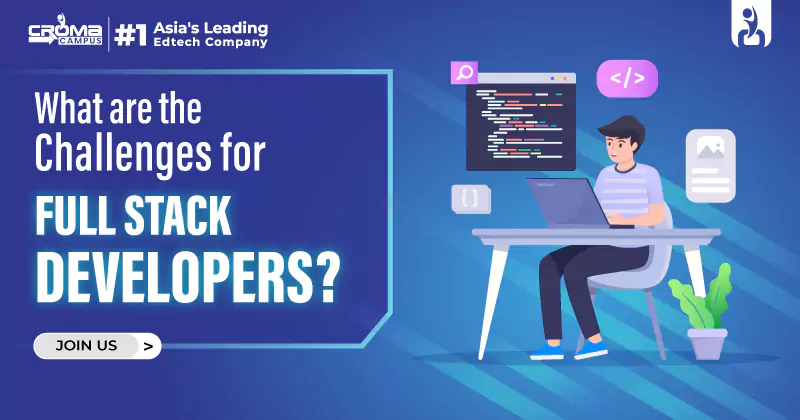
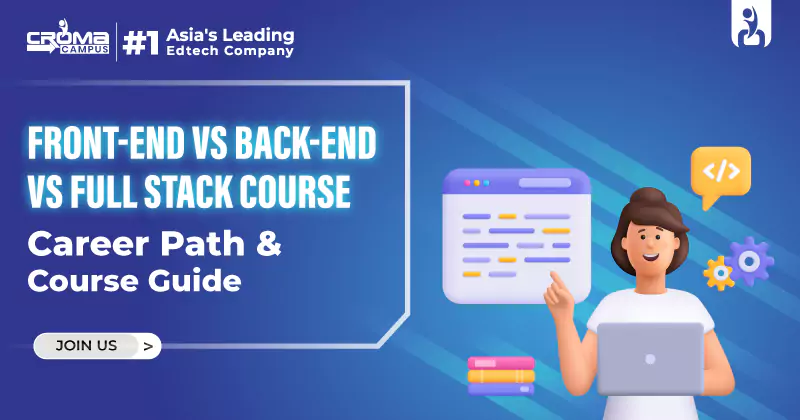

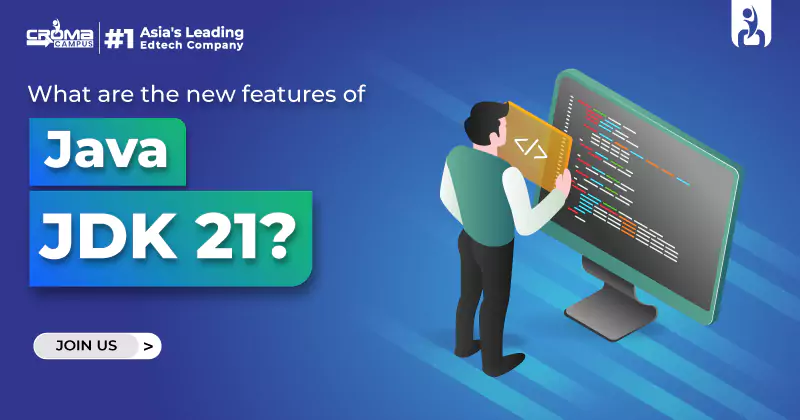


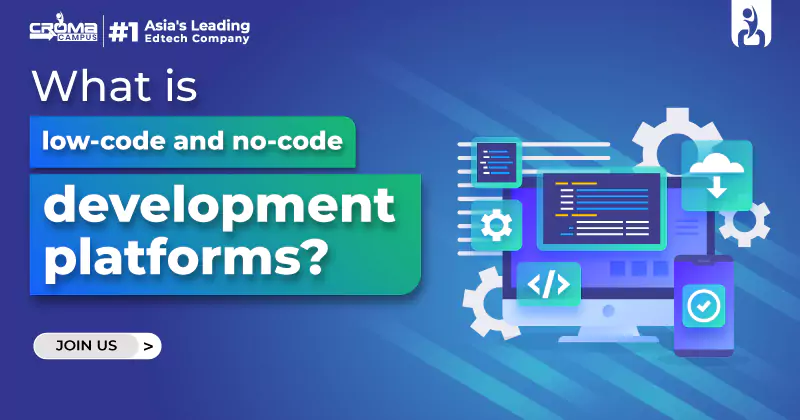
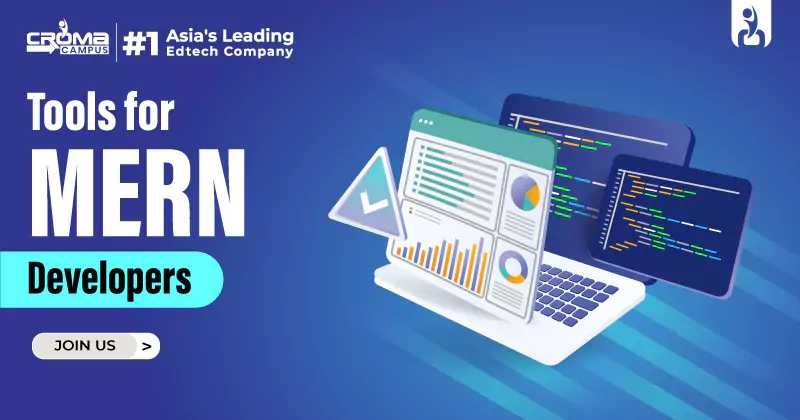
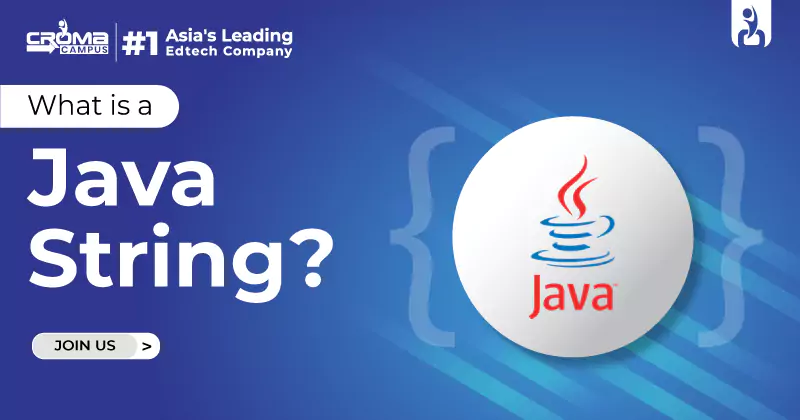
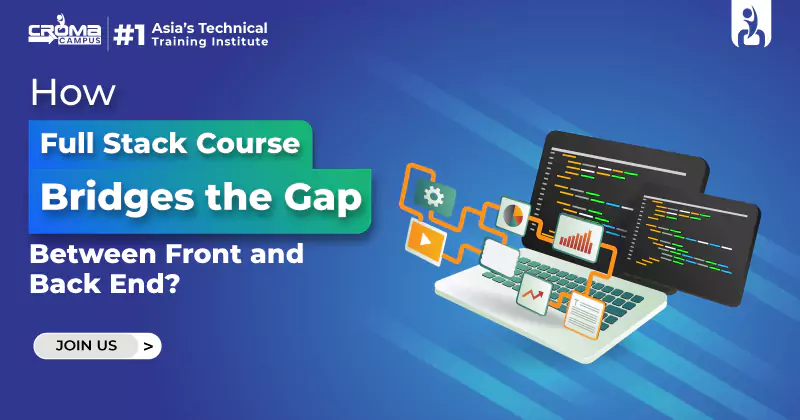
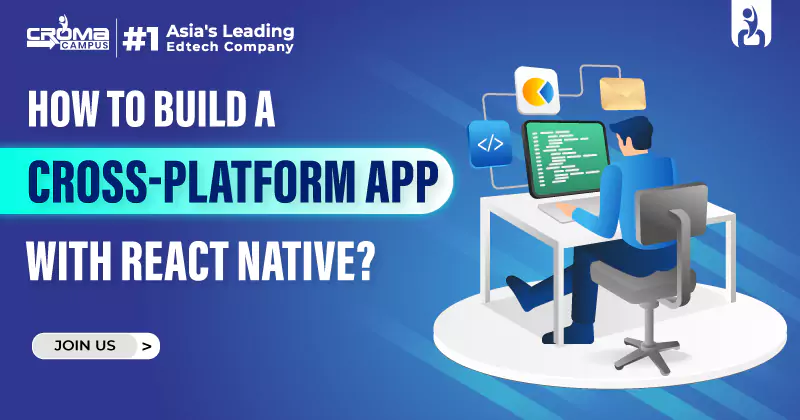













.webp)

.png)















